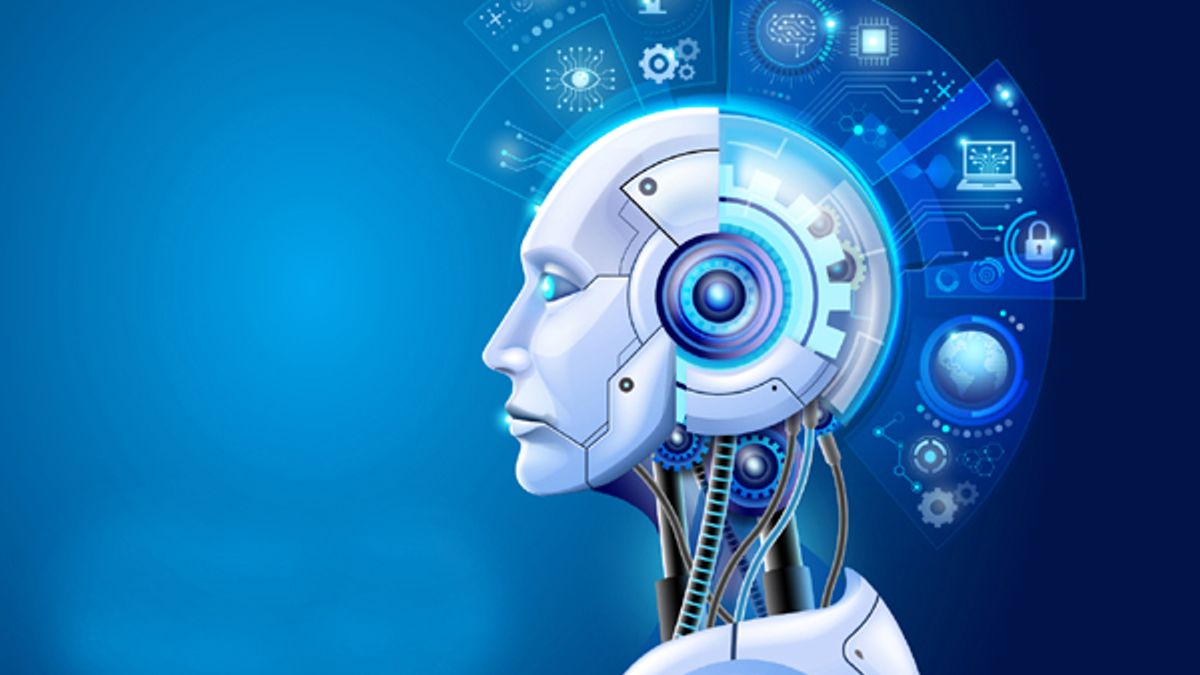AI: Quest for Consciousness

Defining Substrate Independence: A New Frontier
Breaking Free from Constraints
Implications for Accessibility and Innovation
Challenges on the Horizon
The Road Ahead
In the realm of artificial intelligence (AI), there exists a concept that has profound implications for the future of technology and human progress: substrate independence. While the term might sound esoteric, its implications are far-reaching, challenging our fundamental understanding of AI's capabilities and potential. In this blog post, we'll dive into the fascinating world of AI's substrate independence, exploring its meaning, significance, and the remarkable possibilities it holds.
Defining Substrate Independence: A New Frontier
At its core, substrate independence refers to the concept that an intelligent system's behavior is not inherently tied to the physical medium on which it runs. In simpler terms, it suggests that an AI's capabilities and intelligence can be decoupled from the hardware or software environment it operates within. This concept envisions AI as a malleable entity that can seamlessly adapt and perform across different platforms, be it on supercomputers, cloud servers, edge devices, or even futuristic technologies yet to be developed.
Breaking Free from Constraints
One of the most intriguing aspects of substrate independence is its potential to break the chains of traditional computing constraints. Historically, software has been intricately linked to the underlying hardware. This connection has led to limitations in terms of scalability, performance, and adaptability. Substrate independence promises to liberate AI from these restrictions, allowing it to transcend the confines of specific architectures.
Imagine an AI that can effortlessly switch from a local device to a powerful cloud server as the need arises, without any loss of functionality. Such flexibility could revolutionize industries that require dynamic and resource-intensive computational capabilities, from scientific research and healthcare to autonomous vehicles and space exploration.
Implications for Accessibility and Innovation
Substrate independence also carries substantial implications for accessibility and innovation. As AI becomes more integrated into our daily lives, ensuring that it can run effectively on a wide range of devices becomes crucial. Substrate independence could democratize access to AI by allowing resource-constrained devices to tap into AI's capabilities without being limited by their hardware specifications.
Moreover, this concept encourages innovation by enabling developers to focus more on refining AI algorithms and applications, rather than optimizing them for specific hardware architectures. This could accelerate the pace of AI advancement, leading to breakthroughs in areas such as natural language processing, computer vision, and reinforcement learning.
Challenges on the Horizon
While the idea of substrate independence opens up new vistas of possibility, it's not without its challenges. Creating AI systems that are truly substrate-independent requires careful design, standardization of interfaces, and the development of advanced virtualization and abstraction techniques. Ensuring consistent performance across diverse platforms while accounting for variations in computational resources presents a significant technical hurdle.
Furthermore, security and ethical considerations must be taken into account. As AI becomes more versatile and migrates across different environments, safeguarding sensitive data and preventing misuse become paramount concerns.
The Road Ahead
The journey toward achieving substrate independence for AI is an ongoing and collaborative endeavor. Researchers, engineers, and policymakers need to work together to develop standards, guidelines, and frameworks that enable the seamless migration of AI systems across various platforms. This will not only drive technological innovation but also pave the way for new business models and opportunities.
In conclusion, the concept of substrate independence challenges our traditional notions of AI's relationship with hardware and software. By decoupling intelligence from specific platforms, we open the door to a future where AI can adapt, learn, and innovate across a vast technological landscape. As we continue to explore this paradigm shift, one thing is certain: the path to substrate independence will shape the evolution of AI and redefine the boundaries of what's possible.
Recommended Read: The Numbers behind AI's substrate independence
Share This